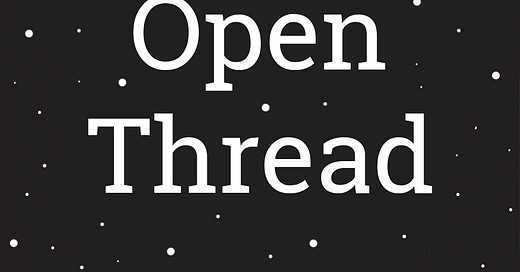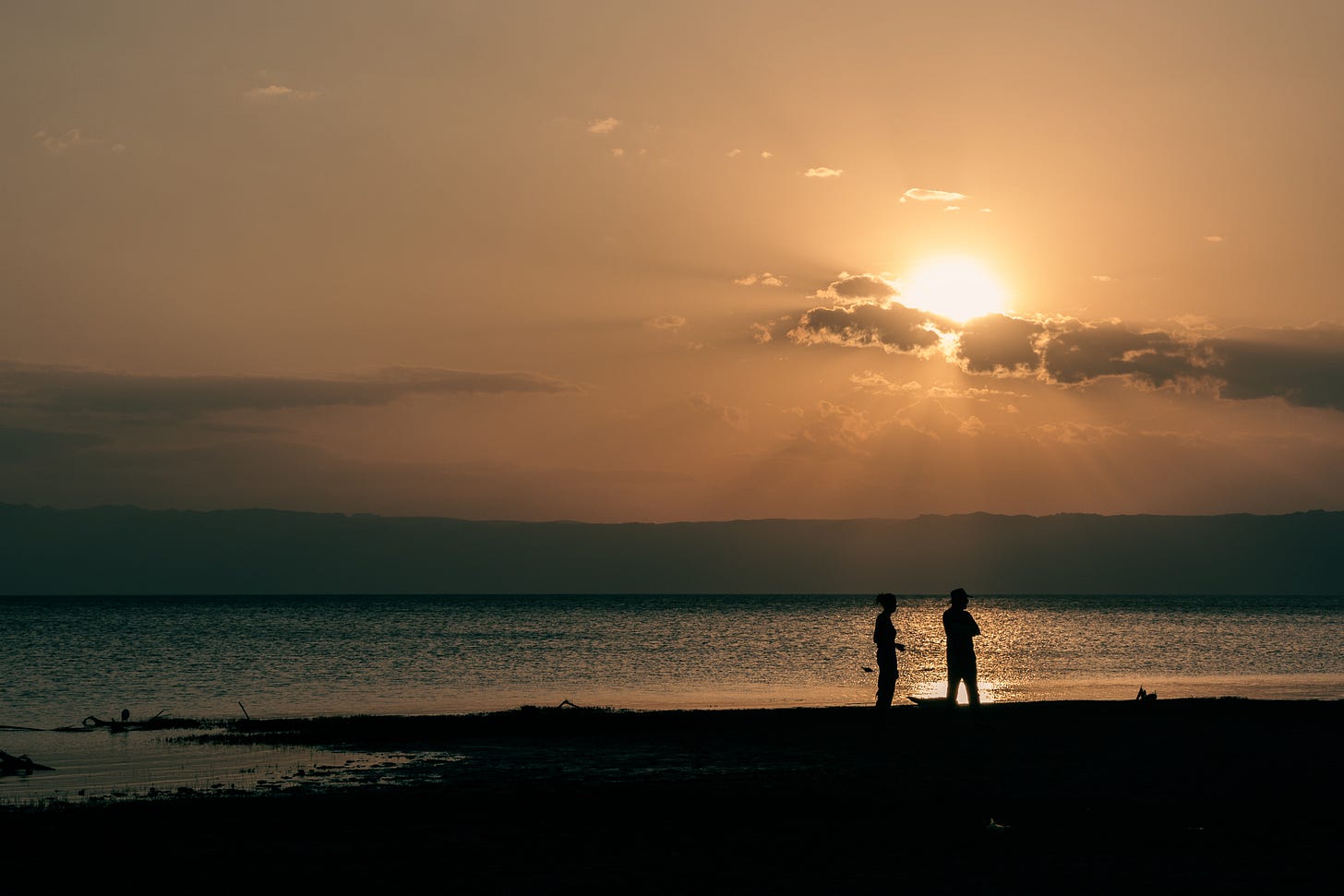Hello friends. Reporting to you live from a green velvet couch in Tbilisi, Georgia. Chris and I are officially within the last sixty days of (what semi-inadvertently became) a year-round trip around the world. Originally this trip was supposed to be nine months, and even under those circumstances we assumed that when it was over we’d be craving stability. As we enter our eleventh month, we’re unsurprisingly exhausted, and desperately craving the comfort of our own bed.
Problem is, aside from the bed in the van, we don’t have our own bed. No house, no apartment, no “home”. Just a van and a plot of land in Colorado. (Both of these are great, don’t get me wrong, but they’re not exactly the “stable home to go back to” that I have in mind).
None of this is to complain about the experience I’ve been able to have over the past year. I willingly gave up my apartment in California, and was well aware of the trade-offs of traveling. I’m grateful that my life affords me the luxury of moving around, and I’ve learned so many valuable things about myself and the world in the process.
But alas, here I am, on this opulent yet uncomfortable velvet couch, contemplating the nature of home.
I was born and raised in America. Aside from a couple of brief one-year stints in Europe, I’ve always lived there. While I’ve never felt particularly “American,” and cringe at anything that even slightly resembles patriotism, when I think about the prospect of not living in the US in the future, I feel kinda sad.
This presents a conflict that I can’t quite sort through, and that I am hoping some of you might have some insights about.
I’m sure like many of you, especially recently (but honestly for years), I’ve considered moving out of the US. This is not to claim that any country is “perfect,” but it seems to me that some countries are coming out of a crisis, while others are headed into one. America is undoubtedly slipping into a crisis, and has been for quite some time.
Of course, there’s no way to predict precisely what the crisis will be, how critical it will get, or how deeply it will affect us, but my best guess is that for at least the next five or so years, things will be tough. Perhaps under those circumstances it would be better to escape, at least until the dust settles.
But herein lies my conflict. Why am I leaving?
Will my life really be better elsewhere? Do I deserve to leave when others can’t? Will I actually feel better being far away while people I love stay put? What’s the motivating factor behind my desire to escape? Moral indignation? Proving a point? Saving myself?
Similarly, what is the motivating factor behind wanting to stay?
Ultimately, if this crisis does what I hope it does - provoke the collapse of the rotted and decaying systemic foundation of America, ultimately making way for something more structurally sound to be built in its place, do I deserve to take part in the victorious final result if I don’t partake in the struggle to get us there? What would “taking part in the struggle” even look like? Not to mention, how could I possibly know whether the final result will be what I hope for as opposed to something worse than what we already have?
On the other hand, I don’t like feeling like an outsider or an intruder in someone else’s world. I’m the kind of person that feels uncomfortable when I don’t know where the bathroom is in a restaurant, so it isn’t surprising that the idea of living in a foreign country brings up all sorts of distressing emotions for me.
Although, to be fair, I’ve always felt like an outsider in the US too…
“Not knowing where you are from is not the same thing as being from nowhere, but it does mean that there is work of all kinds to be done,” Stephen Jenkinson explains.
Maybe my resistance to leaving is an expression of my resistance to grieve the fact that although I deeply crave home, I’ve yet to find it. I’ve lived in so many different houses and apartments in so many different cities and towns, but none have ever felt right. I’ve done a lot of personal work to locate “home” within myself and my relationships, and while that’s been partially comforting, I still long for a physical and tangible place in which to be held.
Sometimes I wonder if what I’m craving even exists, or whether I’ve set the bar too high. Perhaps there’s some sort of deep-seated longing inside of me that craves the kind of belonging I imagine my prehistoric ancestors experienced, but that I could never realistically replicate for myself in this lifetime. Maybe it’s my inner child crying out for what she feels she deserved, but never received…
So, I’m curious, does this resonate with any of you? What sorts of work have you done to locate home for yourself? How are you dealing with the unraveling of America? What hope (if any) do you have about the future? What’s your plan? What are you struggling with?
I’m reminded of a quote from Toko-Pa Turner’s Belonging, “Keeping silent about our experience of estrangement is, in large part, what allows it to perpetuate.”
Perhaps the first step in finding a home for ourselves is welcoming our estrangement in through the front door.
Let’s talk about it, shall we?
Sending you my love, wherever you are.






Definitely feeling this Anya. I own a house in New Orleans, but have been renting it out and living between a camper van and AirBnBs for two years. I miss having a home. I also know that New Orleans is no longer it for me, but I feel lost and frustrated when trying to even imagine the process of "re-homing" myself anywhere. Home is where you feel safe. Home is where you can rest. Home is where you can invest your time, and resources, and feel that they are protected. With that definition, re-homing may not be possible right now. Those of us who are attuned to the reality of the shifting world have all experienced a dramatic decrease in our sense of security, which is the foundation to feeling at home. In New Orleans, I had to grab my dog and take cover behind my bed while an automatic weapon was shot by someone standing a few steps from my front door, yet somehow that doesn't even stand out as a primary traumatic event of the last few years. More impactful than the actual violence and covid-related fear for physical safety of my loved ones has been the incessant gaslighting and drumbeats of frustrated nihilism on one side and increasingly organized forces for authoritarianism on the other. It's scary to feel surrounded by so many people who aren't your people, who don't share your values, who seems to be failing to see reality whether because they are mid trauma response or because they have been manipulated into thinking a certain way or both.
Meanwhile, does it make sense for me to imagine a 5 year plan when I know that major national events, events that could blow up my plans, events that are entirely beyond my control seem to keep happening with regularity? In the U.S., we've had a pandemic, a failed insurrection, an inflationary economic event, a war that has brought us close to the brink of nuclear war, and a major advance in the effort to impose theocratic rule on over half of the U.S. in just a few years What's most important about all of these events is not just that they're important in the history of the country, but that they're important in my every day life. Suddenly I can't ignore the national and international arenas of my identities, even though I feel effectively powerless to influence these arenas. Before, it was easy to believe that I could focus locally and tune out the national and global political noise and drama. Now global drama is loud as shit, right next door, demanding my attention. It's here in smoke from forest fires, in the crack of gunfire, in the fabric of the anxieties of my daily life choices. Perhaps some of this goes away if I leave the U.S., but nowhere is entirely immune, and the impact of all of this global drama is ultimately as unpredictable as the events I just listed were before they happened. I've The unthinkable is just that - the things we can't think about, the things we can't plan for. I've also lived abroad for years at a time, and I think I have met the limits of how much I can be accepted as an ex-pat. As you stated, I also feel like practically speaking I feel like a bit of an outsider most places I've lived. However, I do think there is a subtle but major difference between that outsider feeling and a feeling like "I am certain that I will never be fully accepted here" which I felt as an expat. One is tentative, and feels like change is possible, one feels like I am stuck and there's no chance for change.
I'm actively struggling with all of the above questions. One thing that is working for me - recently I've stopped saying that I'm looking for a "home" and started saying that I'm looking for a "home base." A home base is a place of strength. A place to organize - oneself and one's people. A place to gain power together. A home base is flexible. It can change. It may not be "safe," but it is safer. It is more about the safety of the people, who I can influence, than the place, which I ultimately can't influence much.
I'm grieving home. I miss it, to the extent that I've ever had it, and I long for it, to the extent that I never have. But we are cursed to live in interesting times. I'm personally growing into the reality of this moment, even as I search for a home base(s) from which to weather the storm and organize a vision of what may grow out of the composted debris of this period of death.
I think it was Stephen Jenkinson that also said we belong to the problems and struggles of our place and time. This whole conversation made me think of my family in San Francisco, my niece and nephew, who I realistically wouldn’t see for years if I left the country permanently. Although, I have been considering Mexico and Victoria, BC in which case I could see them more often. But the question of “where to go” is always second to “why am I going”, too.
I think a lot of my repulsion towards American culture and patriotism is due to me seeing the wrong side of the same coin. The truth is America was built on stolen land and lives, and indigenous people fought and died to protect what’s sacred to them— their land, their traditions, their language—This history is as powerful and meaningful to me as the short, young and stupid history of the US. I feel like if I don’t find some way to inspire the sacred in my family and friends’ lives here in the US, I fail the lesson of indigenous peoples’ history. I can’t save everyone from the mistakes of western culture. I can only save myself and a handful of people I love from lives devoid of meaning, fullness, and sacredness.